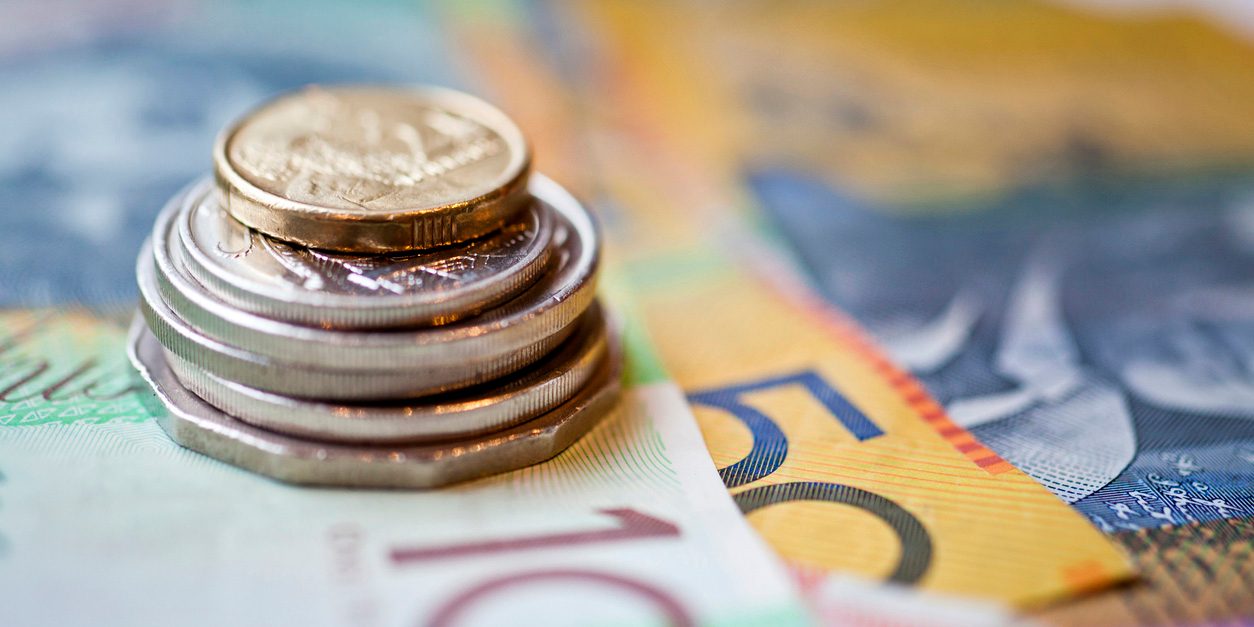Meet Dr Ophira Ginsburg, Elsa Atkin Distinguished Fellow
Dr Ophira Ginsburg is a medical oncologist and global women’s health researcher with technical and policy expertise in cancer prevention and control.
Dr Ophira Ginsburg is a medical oncologist and global women’s health researcher with technical and policy expertise in cancer prevention and control.
Our collaborative research with Fiji National University (FNU) shows reducing salt intake results in substantial health and economic benefits in the country



Are we neglecting the mental health damage that COVID-19 is inflicting on millions of people across the country? Srilatha Paslawar provides guidance on how to stay mentally healthy.